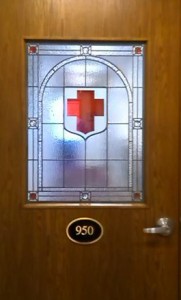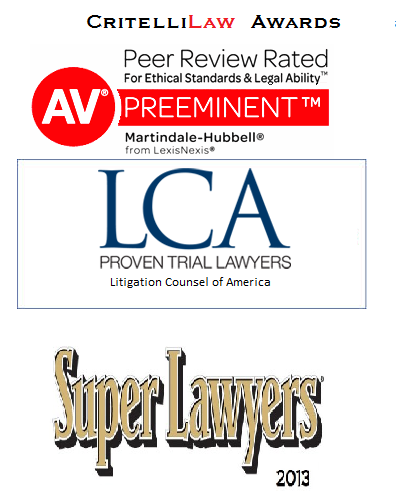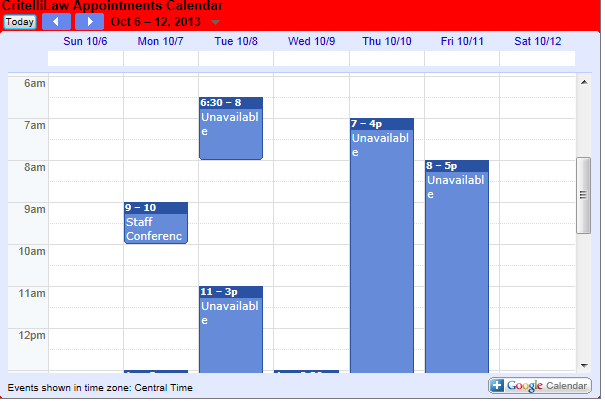Have Wig, Will Travel: Being a Lawyer and a Barrister
Mar 2nd, 2003 | By critellilaw | Category: Practice NotesThe February 2003 issue of the ABA YLD magazine, The Young Lawyer, featured the following article by N. Tre Critelli concerning his studies at the English bar entitled “Have Wig Will Travel: Being a Lawyer and a Barrister“:
Throughout the world the barrister wig is known as the mark of courtroom excellence. That skill in advocacy is one reason why I became a barrister. Only a handful of practicing lawyers in the United States have qualified as English barristers and have developed a true international practice.
Unlike the U.S. legal tradition (part of which, admittedly, we owe to the English), the legal world in England is divided into solicitors and barristers. Solicitors handle the litigation, client relations, and investigation; barristers are specialists in the art of courtroom advocacy and legal advice. This division of duties is not the only difference with the U.S. legal system, however.
In England, law is an undergraduate study. After graduation, would-be barristers attend a Bar Vocational Course (BVC) for a year of intensive practical and vocational training in advocaty and court-craft. Practicing lawyers from the United States are not required to attend the BVC but, instead, are given a multi-day written and oral examination. There are no courses or specific texts available to prepare for the examination; photocopies of past exams and a suggested reading list were the only preparation materials provided.
Barristers also must comply with a dining requirement at one of the four Inns fo Court. Dining requirements specify the number of meals a barrister shares with members of both bench and bar, and is a way of passing on the customs and tradition of the bar. The Inns can be traced to the fifteenth century and remain the center for barristers’ professional lives. Today the Inns are responsible for the training and education of barristers.
New barristers cannot practice and are not allowed to make an appearance in the courts until they have completed a year-long pupillage, similar to a medical residency. During the pupillage the barrister learns the day-to-day practice of law under the guidance of a “pupil master.” After the pupillage and before beginning their practice, barristers must be given a tenancy in another barrister’s chambers. As part of the application process, I was required to secure both pupillage and tenancy offers before being allowed to sit for my examination.
As you might imagein, studying and training in England takes time away from my family and law practice. I do not have to convinve my family of the benefit of the barrister’s wig, however, as my father has also qualified as an English barrister. Modern technology, particularly the Internet, helps me keep up with my U.S. caseload whilst abroad.
Studying at the English bar has helped me see the benefit of the common law as well as hone my advocacy skills. Most importantly, I’ve learned that lawyers on both sides of the Atlantic share a heritage that is centuries old for which we should be proud to be called lawyers.











